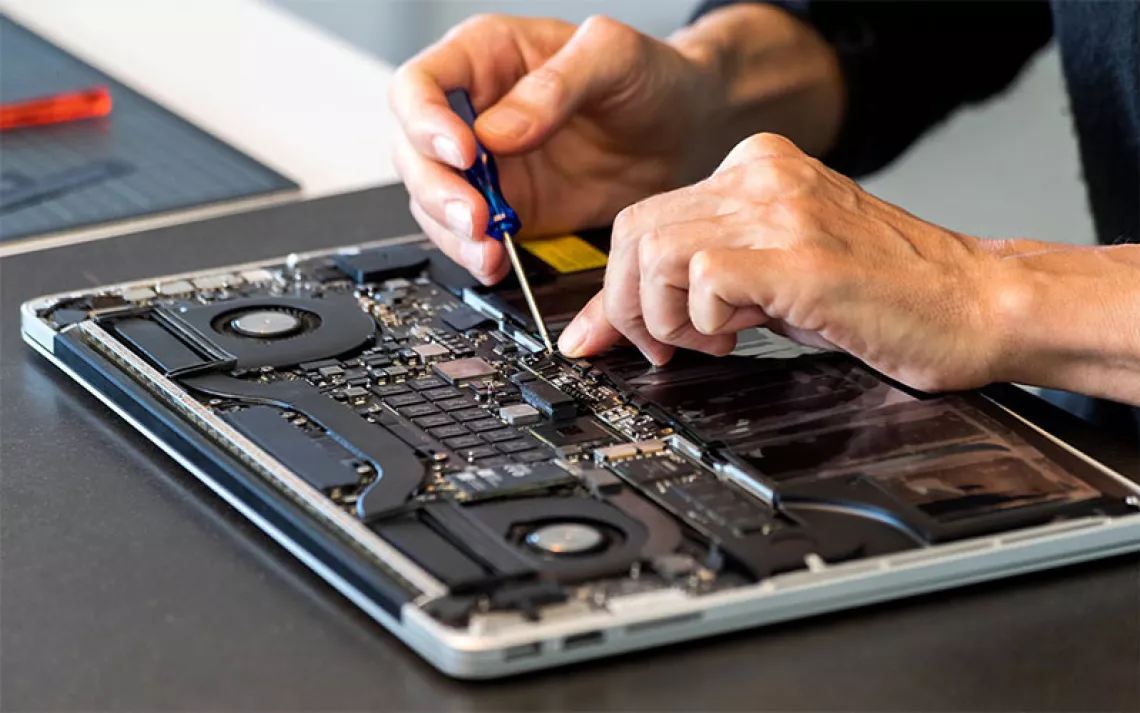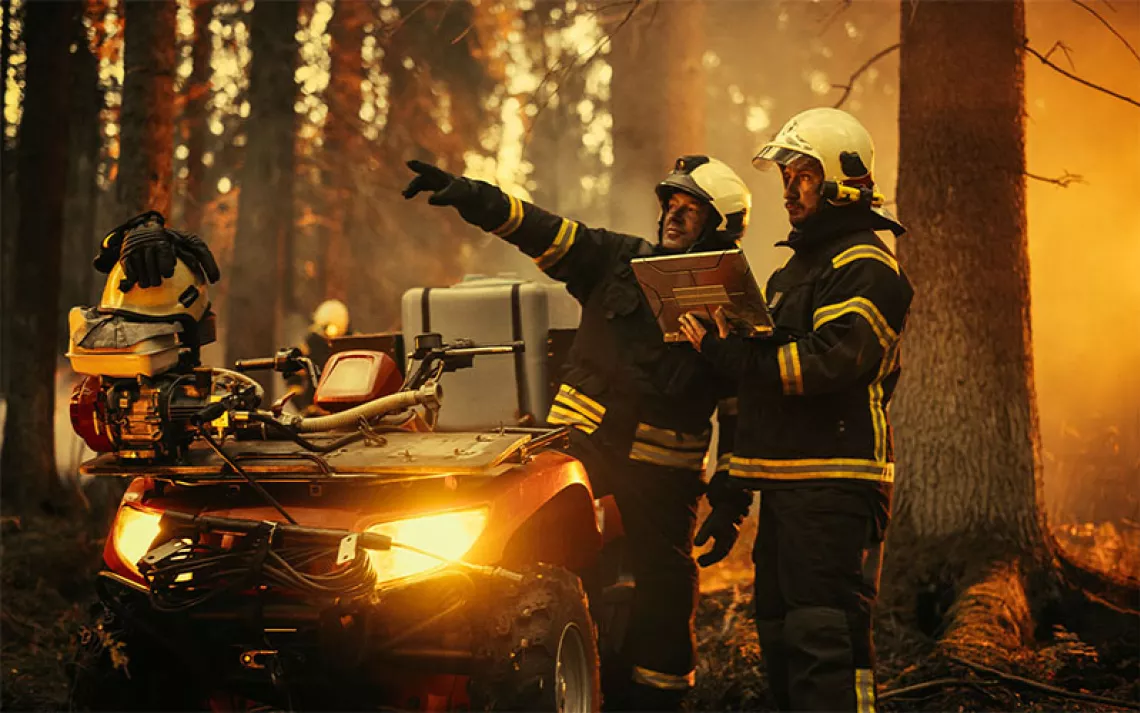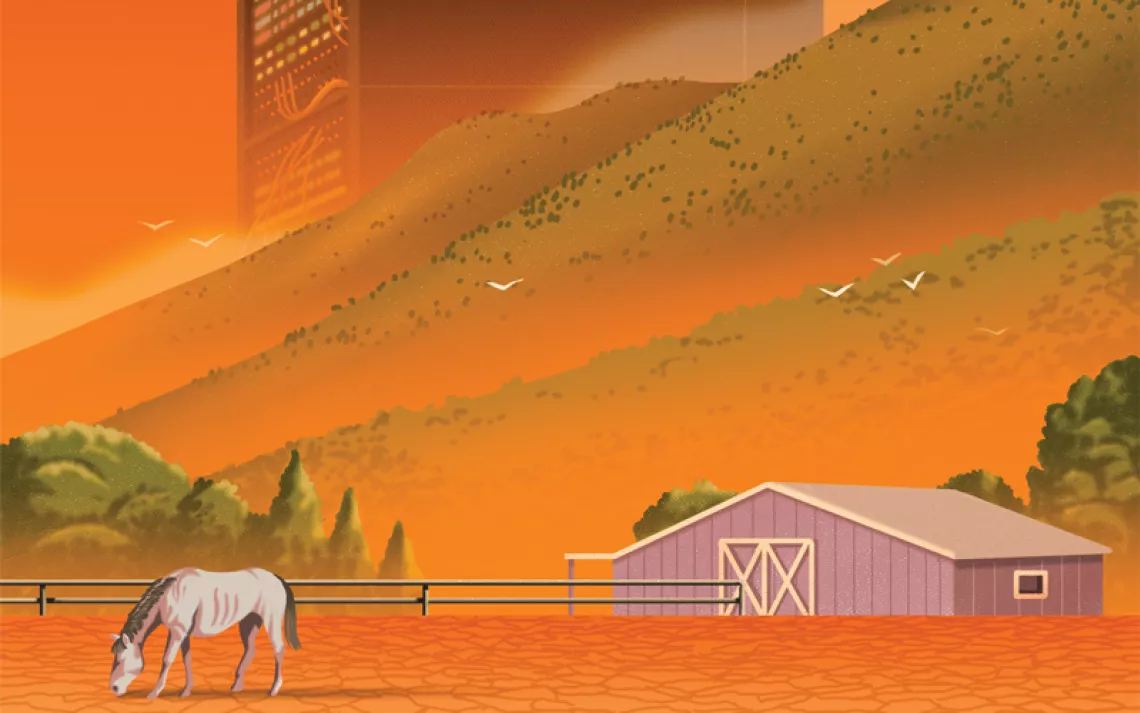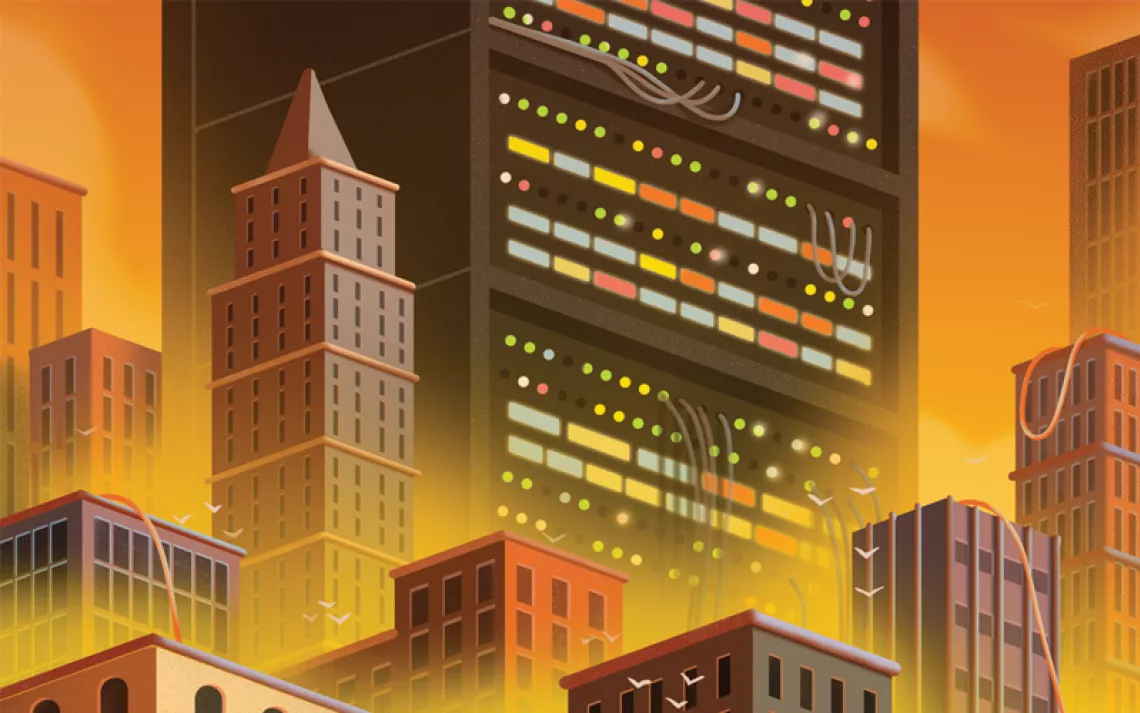Plastic Eaters

Students Miranda Wang, University of Pennsylvania, and Jeanny Yao, University of Toronto. | Photo by Ian Lindsay/Vancouver Sun
Jeanny Yao: The summer before grade 12, Miranda and I took part in a sustainability boot camp run by Metro Vancouver. One of the field trips we took was to a waste transfer station.
Miranda Wang: It was really eye-opening to see where our household garbage went.
Yao: There was so much plastic. Either it's not recyclable or it is, but people don't know it, so it gets mixed in with all the other trash. Then it sits there, breaking down but not biodegrading.
Wang: When we decided to enter the Sanofi BioGENEius Challenge Canada [a national science competition], we knew we wanted to look at a real problem like this, something that relates to our daily lives. We started researching plastic waste and came across a study that found bacteria in Asian mangrove soils that could degrade polyethylene, a component of plastic bags. We thought it would be interesting to look for something similar in our local river, which, it turned out, no one had done yet.
Yao: We collected soil samples from the Fraser River and tested them to see if, under the right conditions, the bacteria could degrade phthalates, which are a common plasticizer. We had failing results 75 to 80 percent of the time, but we learned to anticipate failure and come up with backup plans.
Wang: After four months, we identified three strains of bacteria that could be primed to degrade phthalates. Two of them were novel--nobody had ever thought of using them as pollution cleaners. We won the regional competition, and at the national level our project was deemed to have the most commercial potential. Imagine sprinkling a powder on your plastic garbage and three days later it's gone!
Yao: Our goal now is to gain more laboratory experience, and then maybe after college, to go back to our project and get a patent.
Wang: The best choice I've made was to have my best friend as my lab partner.
Yao: Yeah. Miranda is good at stuff I'm weak in, and vice versa. When we work together, it's the perfect combination.
Wasted In 2010 (the most recent year for which data are available), the United States generated 31 million tons of plastic waste; 92 percent of it went to landfills.
On the Web Watch Miranda Wang and Jeanny Yao's TED Talent Search talk about phthalate-degrading bacteria.
 The Magazine of The Sierra Club
The Magazine of The Sierra Club



